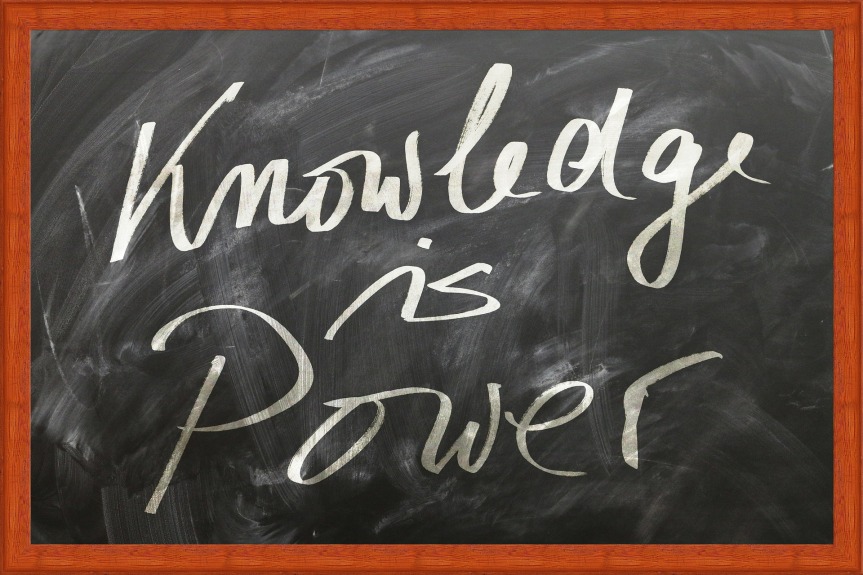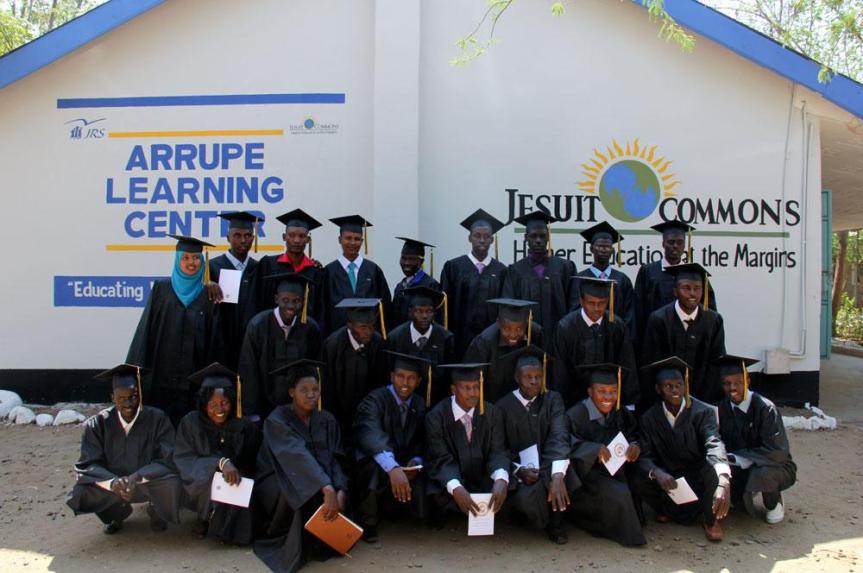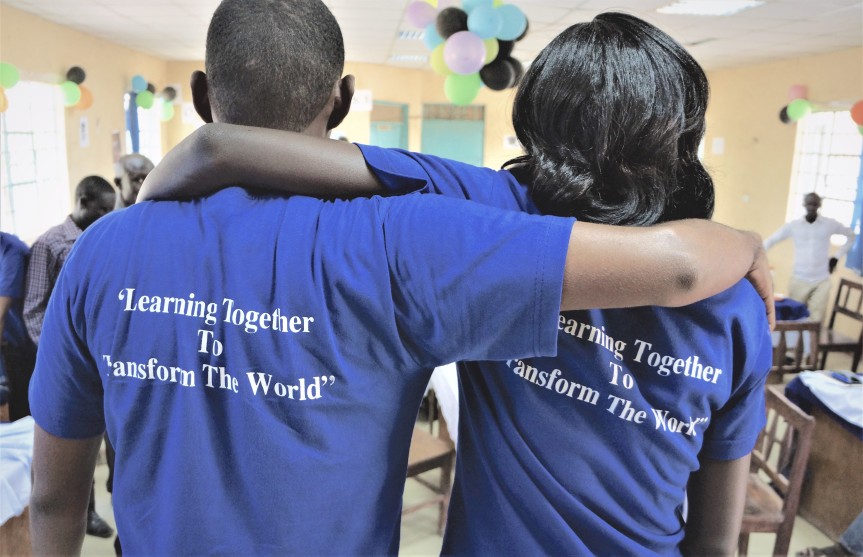This section of Equity Unbound looks at equity. It’s a hard one. Don’t go into Weeks 5-6: Equity thinking you’ll breeze right through them. Space them out.
I’m especially interested in access to online resources. And the first activity for this section is the article we were asked to read and annotate called Digital redlining, access, and privacy by Chris Gillard. The point the article makes about not all schools having access to the same online resource materials seems bizarre within the context of high education, as I mention in my annotation below. Isn’t that the point, to allow exploration? I also had a few thoughts about my time at Divine Word College.

Next we read Please Keep Your American Flags Off My Hijab by Hoda Katebi. Just a few sentences into this I knew where it was going. Not everyone sees the flag as a symbol of hope and freedom. It is also a symbol of hate and war, especially if you are on the receiving end of many of our political actions in certain parts of the world. As an American that is hard to write. The American flag is hardly the pure expression many U.S. citizens assume it is. It holds as much, if not more, negativity than the freedom we see it symbolizing. I would feel better about addressing this if the current administration wasn’t steeped in violence, hate and psychopathologic dysfunction. I’m not sure if we can come back from it.
I feel slightly better reading the Paul Gorski article called Imagining Equity Literacy. I have lived abroad so have learned through concentrated effort about the culture that some of my students come from. Having just said that, the next line I read in the article says this: I wonder whether we have become so focused on culture in education that we have failed to address inequities like heterosexism, ableism or racism sufficiently. Yes, I need to do better here.
At this point I’m feeling overwhelmed. I feel like I’m falling short in all areas in my pursuit to bring more equity into my actions and how I interact with the world. While I am expanding my understanding of equity, it’s still deeply emotional and in that sense draining. There is research out there encouraging self-care for people doing social justice work. I’ll have to look into it.
To be honest, I have limited time, and even though I would like to take a break, I’m pushing through it. I’ve chosen to look next at The urgency of intersectionality by Kimberlé Crenshaw. I’ve heard the word intersectionality quite a bit lately. Based on what seems like common sense, I can make some assumption about what it means. But I didn’t know explicitly, and I wanted a better understanding.
This was a lot to process. I wish I had time to spread it out some over the two week period of this section of the class. Time made that difficult though. There were a couple of other videos in this week’s block, but I’ve reached my limit for the time being. Even though I only saw a couple of seconds, the videos of assault in the Kimberlé Crenshaw video were too much. The rest of the day I will work on self-care. Here is a helpful article I found on taking care of ourselves Self-Care for Warriors of Social Justice. by Katie McBeth in case anyone else is feeling like I am.







